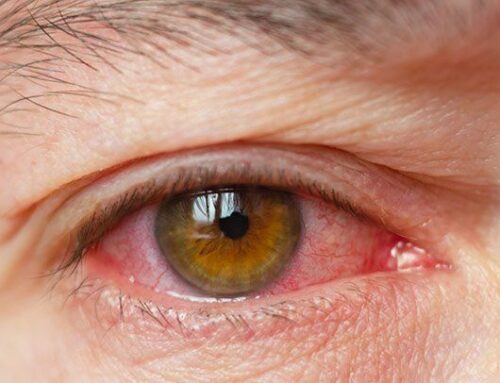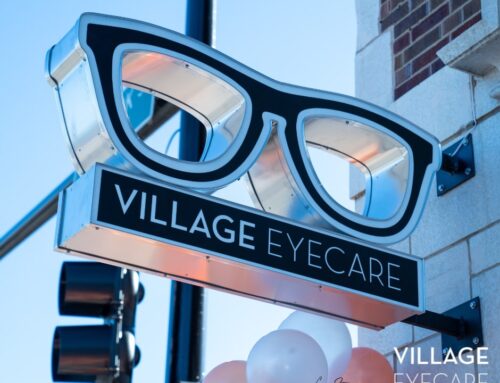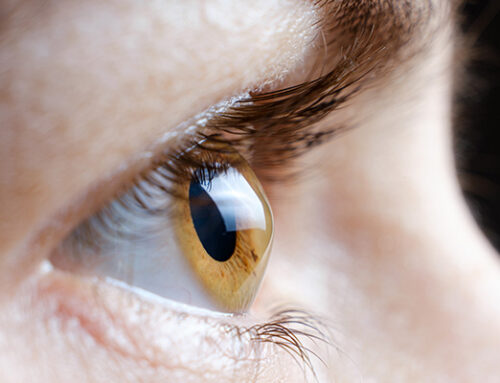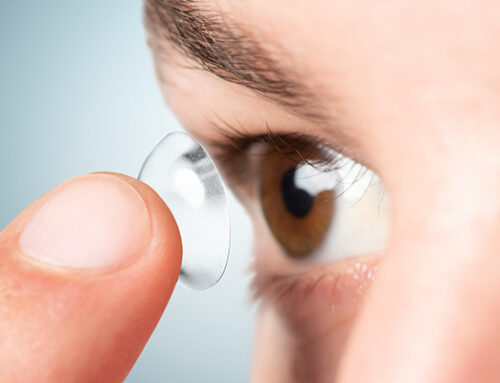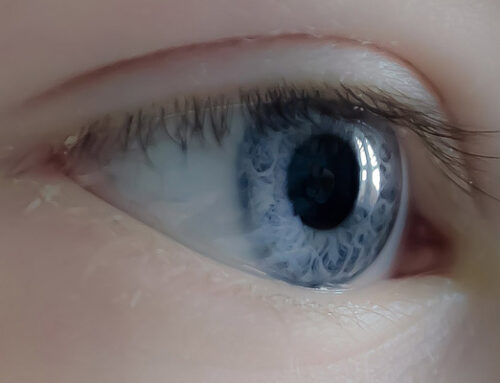What Are Eye Allergies?
Eye allergies, also called “allergic conjunctivitis,” are the eyes’ response to environmental irritants and allergens. Their symptoms range in severity from uncomfortable to debilitating but fortunately are often treatable. If you suspect you have eye allergies, speak with Satti Sarai about finding lasting relief.
Understanding Eye Allergies
What Causes Eye Allergies?
Allergies occur when the immune system becomes hypersensitized to certain allergens — otherwise harmless substances, such as pollen or dust mites. When allergens are introduced to the body, histamines are released in the blood-stream, causing inflammation and swelling.
Some airborne allergens that can cause eye allergies include:
- Mold
- Pet dander
- Pollen

Non-airborne allergens include:
- Makeup
- Perfume
- Skin care products
- Cleaning chemicals
- Contact lens solutions
- Preservatives in multi-use eye drop
Symptoms of Eye Allergies
When the blood vessels in the eyes are affected during an allergic reaction, the following symptoms can arise:
- Red eyes
- Watery eyes
- Itchy or irritated eyes
- Swollen eyelids
- Runny nose
- Sneezing
- Nasal congestion
- Sensitivity to light
- Burning or painful eyes
How Are Eye Allergies Treated?
There are several approaches to treating eye allergies and Aleem Bandali can help determine which options best suit your symptoms.
Limit Allergen Exposure
One of the best ways to reduce allergy flare-ups is to avoid allergens altogether or at least reduce exposure to them. If pollen causes your eyes to become red and itchy, try driving with the windows closed and limit your time outdoors. Additionally, wearing wrap-around glasses can shield your eyes from irritants and possibly allergens.
Take Antihistamines or Decongestants
Histamine is what gets released in the bloodstream and causes the allergic response. Antihistamines work by blocking the attachment of histamine to the body’s cells that produce the allergic reaction, thus reducing or eliminating symptoms.
Decongestants can help you breathe easier by shrinking swollen nasal pathways that may have become inflamed due to allergies. Decongestants can also shrink the blood vessels in the whites of the eyes (sclera), relieving red eyes.
Try Eye Drops
Over-the-counter lubricating and antihistamine eye drops can help soothe red, itchy, and irritated eyes. Aleem Bandali can recommend the brand and type that will offer the best relief, or prescribe more potent eye drops than the ones available at your local drugstore.
Aside from soothing irritated eyes, lubricating eye drops and artificial tears can help flush the eye of allergens and remove any foreign substances.
Temporarily Remove Your Contact Lenses
Allergens can accumulate on the surface of contact lenses, which makes it difficult to get rid of symptoms while wearing lenses. If you suffer from eye allergies, try temporarily switching to glasses and see if your symptoms persist. Typically, the best contact lenses for those with eye allergies are daily disposables, which are discarded daily.
Visit Your Eye Doctor
An eye exam with Satti Sarai is the best way to rule out other possible eye conditions and determine the root cause of your symptoms. If you suffer from any of the symptoms mentioned above and suspect you have eye allergies, don’t hesitate to call Village Eyecare today to schedule your eye exam.



